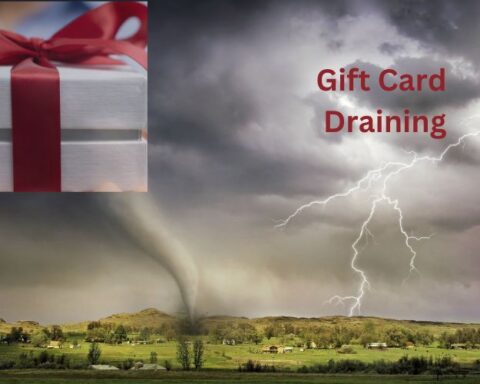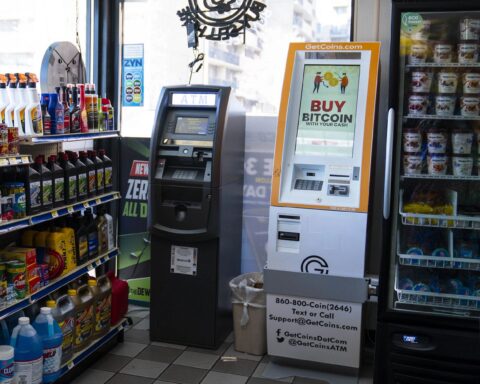Check Washing Can Clean Out Your Bank Account
Check washing involves erasing the payee name and possibly the amount on a stolen check, adding a new payee and amount, and then fraudulently depositing or cashing it.
Randy Hutchinson Columnist for Commercial Appeal, president of the Better Business Bureau of the Mid-South. article originally published February 8, 2023
A check you wrote is cashed but not by the person you wrote it to. Or your account becomes overdrawn even though you know there should enough funds to cover checks you’ve written or other withdrawals.
These are signs that you may be a victim of check washing, a growing crime that experts say costs consumers, businesses, and financial institutions $815 million a year.
Check washing involves erasing the payee name and possibly the amount on a stolen check, adding a new payee and amount, and then fraudulently depositing or cashing it.
The crooks may use simple household chemicals such as nail polish remover or rubbing alcohol to make the alteration. The fraud won’t be detected until the consumer or business reconciles the account and notices the alteration, the payee says the check was never received even though it was cashed, or the bank sends a notice that the account is overdrawn (perhaps after bouncing other payments).
The crooks may steal the checks from residential mailboxes or post office collection boxes using stolen or copied keys. A recent story out of Chicago described an alarming increase in mail carriers being robbed of master keys that can open mailboxes on the street and in building lobbies in an entire zip code.
These are examples of check washing from news stories:
- A $30 check a woman wrote as a donation to a school was intercepted and rewritten to another payee in the amount of $9,475.81.
- A man received a delinquent notice from his mortgage company after a check he sent them was stolen and altered.
- A couple paid a $10 medical bill with a check. When they checked their account a few days later, they learned it had been cashed for $9,666 by “Miguel.”
Banks generally take the loss on altered checks, but recovering the money can be a time-consuming hassle for the victim.
To help protect yourself from check washing, deposit mail with checks at the post office rather than leaving it in your home mailbox with the red flag up. If you use a blue Post Office collection box, do so right before the last pickup.
The BBB offers these additional tips:
- Set up automatic bill payments through your service providers or bank to eliminate the need to put checks in the mail.
- Check your online, mobile, or mailed statements regularly for altered checks and sign up for alerts about unusual activity in your account.
- Write your checks with an indelible gel black ink pen, which makes it harder to remove information from checks. Leave as little space as possible between numbers so crooks can’t fill in empty spaces.
- Look out for past due notices and checks that haven’t cleared in a timely manner.
- Pick up mail right when it arrives, instead of letting it sit and pile up.
- If you’re going on vacation, have your mail held at the Post Office or picked up by a friend or neighbor.
- Shred old checks.
Many of these tips apply to any kind of mail to help you also avoid identity theft.







